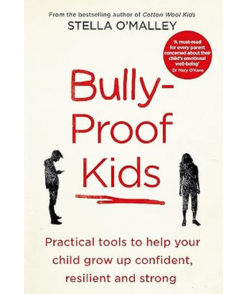New Arrivals
-20%
New
Non-fiction
₦4,000.00
Children's Books
₦1,550.00
Children's Books
₦1,550.00
Children's Books
₦1,550.00
Children's Books
₦9,350.00
Non-fiction
₦15,000.00
Christian book
₦6,500.00
Fiction
₦10,000.00
₦6,000.00
Fiction
₦6,000.00
Children's Books
₦1,500.00
Deals Of The Day
Available On Pre-orderr
-20%
New
Non-fiction
₦4,000.00
₦6,000.00
Pre-Order
₦5,000.00
Pre-Order
₦10,000.00
Leadership
₦15,000.00 – ₦20,000.00
Best Selling Books
₦5,000.00
₦10,000.00
₦6,000.00
₦6,500.00
₦5,000.00
₦4,000.00
₦6,000.00
₦12,500.00
Fiction
Our Blog
Free Delivery
Get Free Shipping on all orders over NGN50,000. (Lagos & Abuja Only)
Secure Payment
100% secure payment
24/7 Support
Dedicated support
Politics / History
₦36,000.00
History|Politics
Democracy and Nigeria’s Fourth Republic: Governance, Political Economy and Party Politics 1999-2023
₦17,500.00
History
₦4,000.00
History
₦38,000.00
History
₦38,500.00
Business
Young Adult
₦14,000.00
₦14,000.00
₦13,500.00
₦18,000.00
₦6,500.00
₦6,000.00
₦6,000.00
₦6,000.00
















































































































